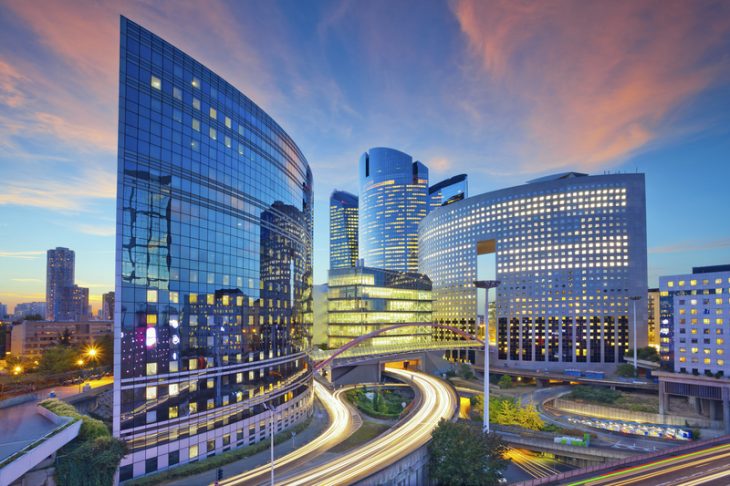MEPs adopted a revised version of the Directive on the energy performance of buildings. The proposed revision of the Directive on the energy performance of buildings aims to substantially reduce greenhouse gas emissions and energy consumption in the building sector in the Union by 2030. Another objective is climate neutrality of this sector by 2050. It is also desired that the number of buildings with the lowest energy performance that are renovated increase and the exchange of information on energy performance be improved.
According to the revised text of the directive, all new buildings should be zero-emissions from 2030. In addition, new buildings occupied or owned by public authorities should be zero-emissions from 2028. Member States will be able to take into account the warming potential overall during the life cycle of buildings, which includes the manufacture and disposal of the construction products used in their construction.
In the case of residential buildings, the countries of the European Union will have to apply measures to ensure a reduction of the average primary energy used by at least 16% by 2030 and by at least 20-22% by 2035.
According to the new directive, member states will have to renovate 16% of the non-residential buildings with the worst energy performance by 2030, respectively 26% of them by 2033. To identify the buildings that fall into this category, the minimum performance requirements will be used energy, according to Agerpres.
If technically and economically possible, the countries of the Union should gradually introduce the use of solar panels in public and non-residential buildings, depending on their size, and in all new residential buildings by 2030.
Member States must take measures to decarbonise heating systems and phase out fossil fuels in heating and cooling installations, with the aim of phasing out fossil fuel-fired power plants completely by 2040. Subsidizing individual fossil fuel-fired power plants will be banned from 2025. It will still be possible to give financial incentives for hybrid heating systems, such as those that combine a fossil fuel power plant with a solar thermal installation or a heat pump.
Agricultural and heritage buildings can be exempted from the application of the new rules. EU countries can also decide to exclude buildings protected for their special architectural or historical qualities, buildings used temporarily, as well as churches and places of worship.
